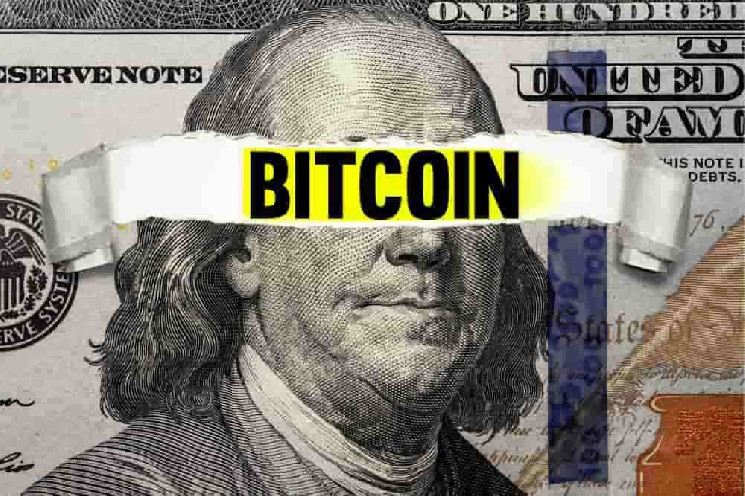Although cryptocurrencies like Bitcoin (BTC) have existed for nearly 15 years now, the idea of their existence was born long before, as evident from the statements made by the late Nobel Prize-winning economist Milton Friedman in an interview published 30 years ago.
Specifically, Friedman, who won the 1976 Nobel Memorial Prize in Economic Sciences for research on consumption analysis, monetary history and theory, and the complexity of stabilization policy, praised the invention of the internet back in 1993 in a video shared by the X user DocumentingBTC on September 21.
Nobel Prize winning economist Milton Friedman predicted #bitcoin 30 years ago.pic.twitter.com/rLRmXSlBqq
— Documenting ₿itcoin 📄 (@DocumentingBTC) September 21, 2023
As it happens, crypto analyst Dennis Parker originally shared the video back on February 3, 2018, when the interview itself was about 25 years old. As the famous economist explained at the time:
“The internet is going to make it very difficult to collect taxes on services of all kinds” as it would allow transactions “in cyberspace and not on the ground,” praising the internet as someday becoming “one of the major forces for reducing the role of government.”
Predicting crypto-like finance
At the same time, Friedman predicted the existence of a form of money that would rely entirely on the internet and offer privacy for all the parties included in the transaction without the interference of the government. As he specified:
“The one thing that’s missing but will soon be developed is the reliable e-cash, a method whereby on the internet you can transfer funds from A to B, without A knowing B or B knowing A, the way in which I can take a $20 bill and hand it over to you, and there’s no record of where it came from, and you may get that without knowing who I am. That kind of thing will develop on the internet, and that will make it even easier for people to use the internet.”
Interestingly, the Nobel Prize winner also recognized the disadvantages of such a monetary system, the same as those cited by the loudest critics of the crypto industry, such as Berkshire Hathaway (NYSE: BRK.A) vice chairman and billionaire Charlie Munger.
“Of course, it has its negative sides. It means that the gangsters, the people who are engaged in illegal transactions, will also have an easier way to carry on their business. But I think that the tendency to make it harder to collect taxes will be a very important positive effect of the internet.”
That said, some of the commenters have noted that Friedman’s predictions might have referred more to privacy coins like Monero (XMR) and Zcash (ZEC), rather than Bitcoin, whereas others observed that “his master theory revolves around economic freedom, which the blockchain so perfectly facilitates.”
Meanwhile, Bitcoin was at press time changing hands at the price of $26,837, down 0.89% on the day but still recording an increase of 2.07% across the previous week and a 3.05% gain over the past month, according to the latest data retrieved by Finbold on September 21.
Disclaimer: The content on this site should not be considered investment advice. Investing is speculative. When investing, your capital is at risk.
 finbold.com
finbold.com
